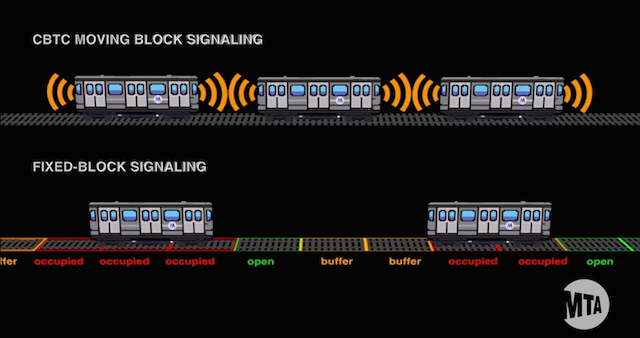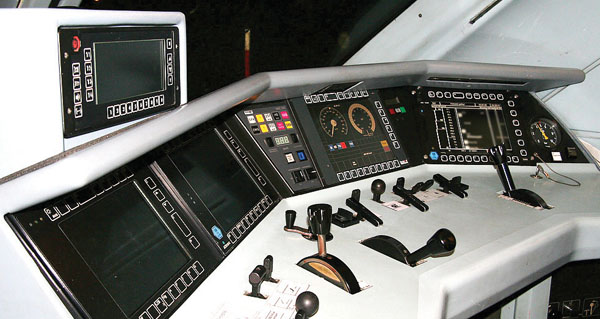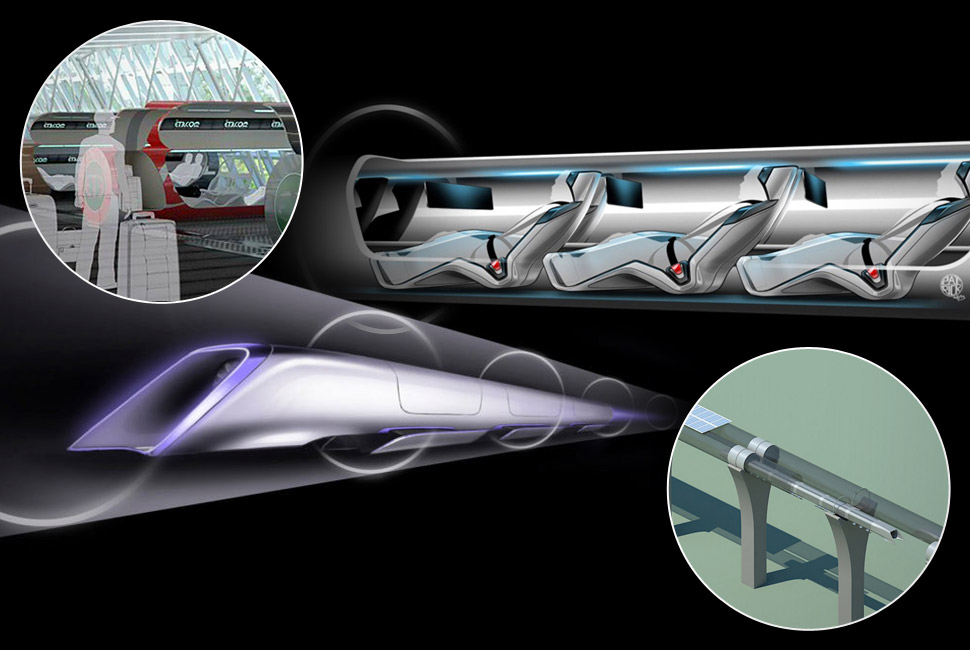After the release of the ETCS Baseline 3.0.0 system requirement specifications by the European Railway Agency, the new ETCS Limited Supervision has been defined as a fully standardized ETCS operation mode, like any other of the modes (e.g. Full Supervision, Shunting, On Sight Mode).
The ETCS Limited Supervision Mode has been realized to be interfaced with a national signalling system, providing a flexible and scalable version of ETCS in regards to safety and functionality, without the need to install an onboard STM (Specific Transmission Mode), mandatory for a full ETCS implementation and the consequent advantages regarding:
- Cost
- Complexity
- Installation space
- Energy consumption
- Maintenance
- Operating rules
Formally this is possible for all ETCS levels but it is most commonly used with Level 1. More specifically, with this solution the ETCS equipment is only used to control the safety restrictions, while the communication of a Movement Authority is left to other systems.
Studies have shown that ETCS L1LS has the same capacity as plain Level 1, for half the cost.
ETCS limited Supervision mode was proposed by RFF/SNCF (France) based on a proposal by SBB (Switzerland Railways) and will be commissioned in Swiss by 2018, substituting the EuroZUB/EuroSignum National Signalling system.
The introduction of limited supervision was estimated to give a benefit of €150 million in the Swiss case only.
More detailed information at the links:
http://plkold.evo.pl/fileadmin/pdf/ertms_konf/10_sesja_2_referat_03_-_migracja_do_ETCS_LS.pdf
http://www.railjournal.com/index.php/signalling/taking-etcs-nationwide.html
Did you like this post? Would you like to be informed about the last railway signalling technical and commercial news? Join us on LinkedIn and stay updated!
railwaysignalling.eu | walk the rail talk







